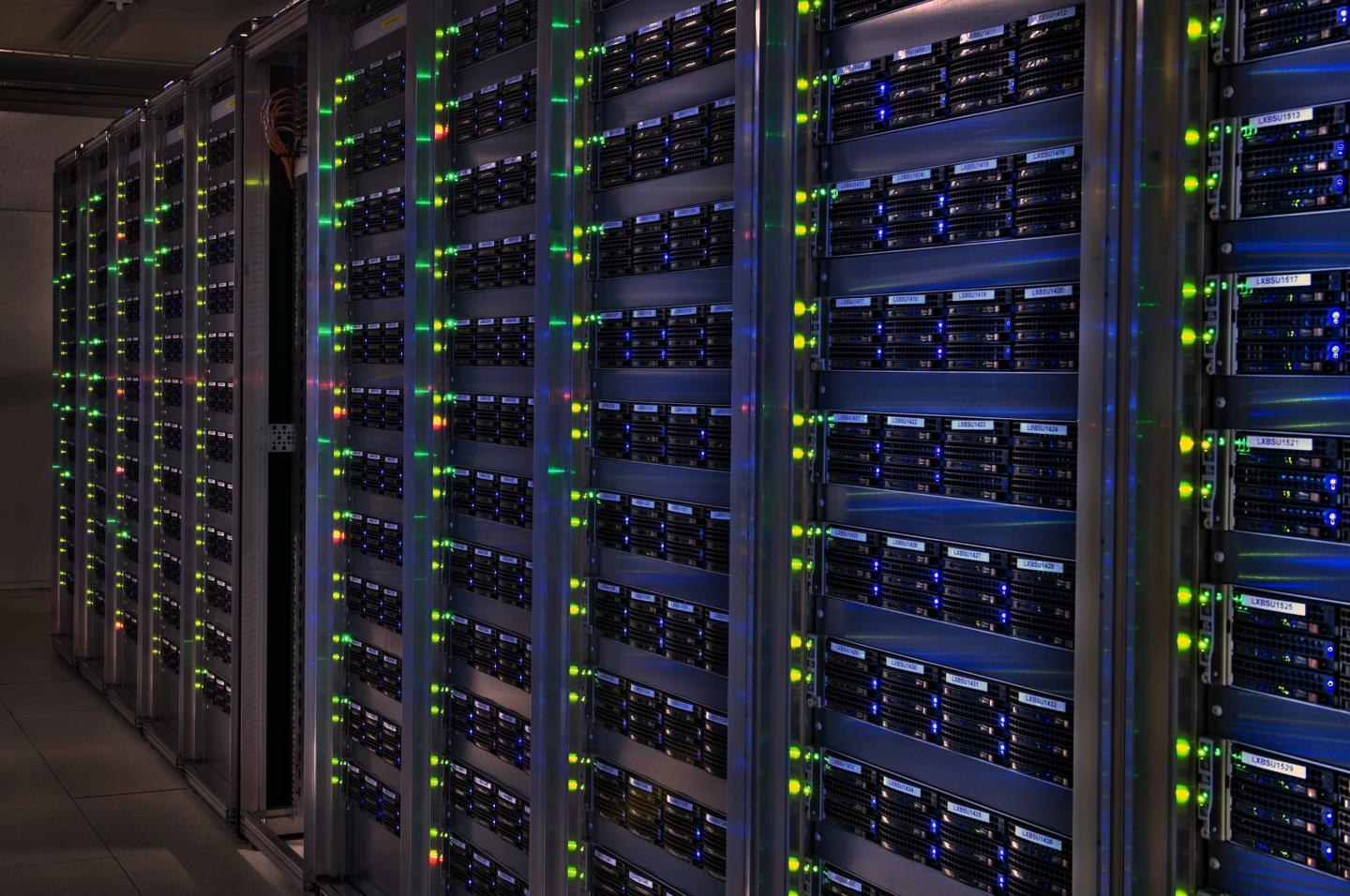CERN’s Know-How
- Particle physicists were among the first to use machine learning and CERN has significant expertise in big data storage, processing and analytics.
- Offers access to complex ICT infrastructure and engineering experience. Developed sync and share solutions for the scientific community, used in medical applications.
- Early adopters of data sharing and analysis using grid computing, for the development of an intelligent monitoring and cooperation system for mammography.
- Accurate simulation tools for modelling particle passage through matter, used for medical instrument design, detector development, dosimetry.
- Customizable, open source collaboration and data management tools, enabling efficient organizational management and effective collaboration in companies and clinical workplaces.
Facts & Figures
- >1000 PB of ROOT data distributed across the world
- Since 2002, CERN has been using Grid computing for medical application.
- 7 tools for medical applications have been based on GEANT4 simulation toolkit.
- Approximately 650 000 meetings and conferences have been scheduled through CERN’s event management system.
Value Proposition
Read more about Computing for Medical Applications here.
Key Competences
Storing & managing very large set of data
Data storage and management of very large data sets in highly distributed, global environment. Rapidly responding and adaptable to the LHC experiments frequently changing requirements for fast, reliable and affordable storage.
Robust Big Data Analysis Framework
ROOT is a modular big data software framework, providing the functionalities needed to deal with big data statistical analysis, visualisation and storage. It is mainly written in C++ but integrated with other languages such as Python and R.
Using Monte Carlo simulation tools
Significant expertise in using and developing Monte Carlo methods to simulate particle transport and the interaction of particles with matter. Substantial know-how in the application of these methods to medical applications.
Data analysis for control systems
CERN analyses data from its large industrial infrastructure, for monitoring, control and predictive maintenance purposes. This includes data from accelerators, detectors, cryogenic systems, data centers and log files from the Worldwide LHC Computing Grid and others.
Designing & training neural networks
CERN has a long history in the design and training of neural networks, for example, in classification, filtering, event and particle detection, regression, clustering and anomaly detection. Most of the ML/DL codes are tailor made using C++, Phyton, TensorFlow and Keras and applied in software or hardware (FPGAs).
Software for empowering collaboration
Large global scientific collaborations are the foundation of CERN achievements. Scientists need to exchange documents, publications, photos, videos and more. They need to meet, physically or virtually to debate and exchange ideas. CERN has expertise in building software tools empowering such collaborations.
Key Applications
Interactive data analysis in the cloud
SWAN (Service for web based analysis) offers an integrated environment for data analysis in the CERN cloud where the user can find all the experiment and user data together with rich stacks of scientific software. The interface offered by the service is the one of Jupyter notebooks.
Large scale digital repositories
Software framework for large scale digital repositories. The CERN Document Server, CERN’s institutional repository containing more than 2 million records, including research publications, audiovisual material, images, is powered by INVENIO.
Software for event and agenda management
INDICO is software for large scale, web-based, multi-platform, conference lifecycle and agenda management. Used at CERN and by all CERN collaborations, it also enjoys a known worldwide install base of over 200 instances.

